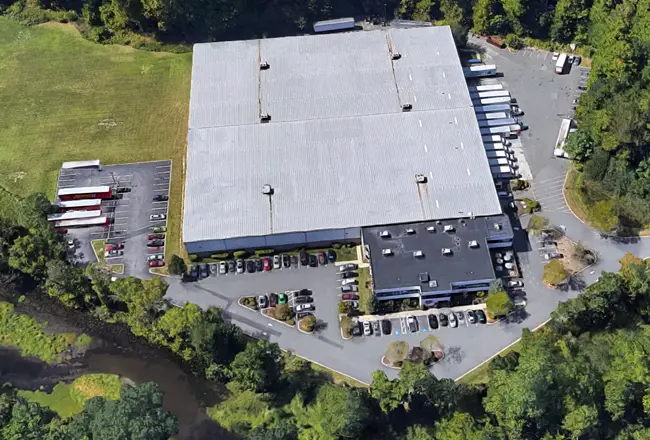
A car parts distribution center at 215 Business Park Drive in Armonk will be closing at the end of the year with the layoffs of all 80 workers, according to a notice filed with the New York state Department of Labor on Sept. 18 by General Parts Distribution LLC d/b/a Carquest Auto Parts.
The plant closing notice said that the reason was economic and that all employee separations from the company are expected to occur by Dec. 31, 2019.
The employees at the facility are represented by Teamsters Local 202, which is based in the Bronx.
The General Parts Distribution LLC and Carquest names are associated with Advance Auto Parts, a major retailer of automotive aftermarket parts, accessories, batteries and maintenance items. In 2012, Advance acquired B.W.P. Distributors, a privately held automotive parts and products company based in Armonk. The acquisition included the distribution facility. B.W.P. had been founded in 1962 and operated or supplied 216 locations in Connecticut, Delaware, Maryland, Massachusetts, New Hampshire, New Jersey, New York, Pennsylvania, Rhode Island and Vermont.
According to a filing with the Securities and Exchange Commission, as of Dec. 29, 2018, Advance operated 51 distribution centers, ranging in size from approximately 51,000 to 943,000 square feet. Its smaller distribution centers primarily served its Carquest stores, including those that had converted to the Advance Auto Parts format. In 2018, Advance closed distribution centers in Gallman, Mississippi, and San Antonio, Texas.
The Business Journal learned that although the company and union agreed on severance packages for the workers who would be laid off, the union still would like to convince the company to keep the Armonk facility open.
As of Dec. 29, 2018, Advance operated 4,966 stores and 143 branches primarily under the trade names Advance Auto Parts, Autopart International, Carquest and Worldpac. At that time, it had approximately 40,000 full-time employees and approximately 31,000 part-time employees. About 11% of those employees were working in the distribution sectors. Less than 1% of the employees were represented by labor unions.




















NY is too expensive to operate in (especially with Union labor) when they can move a short distance away and lower just about all their costs. PA looks inviting these days.